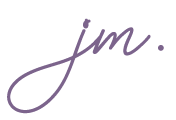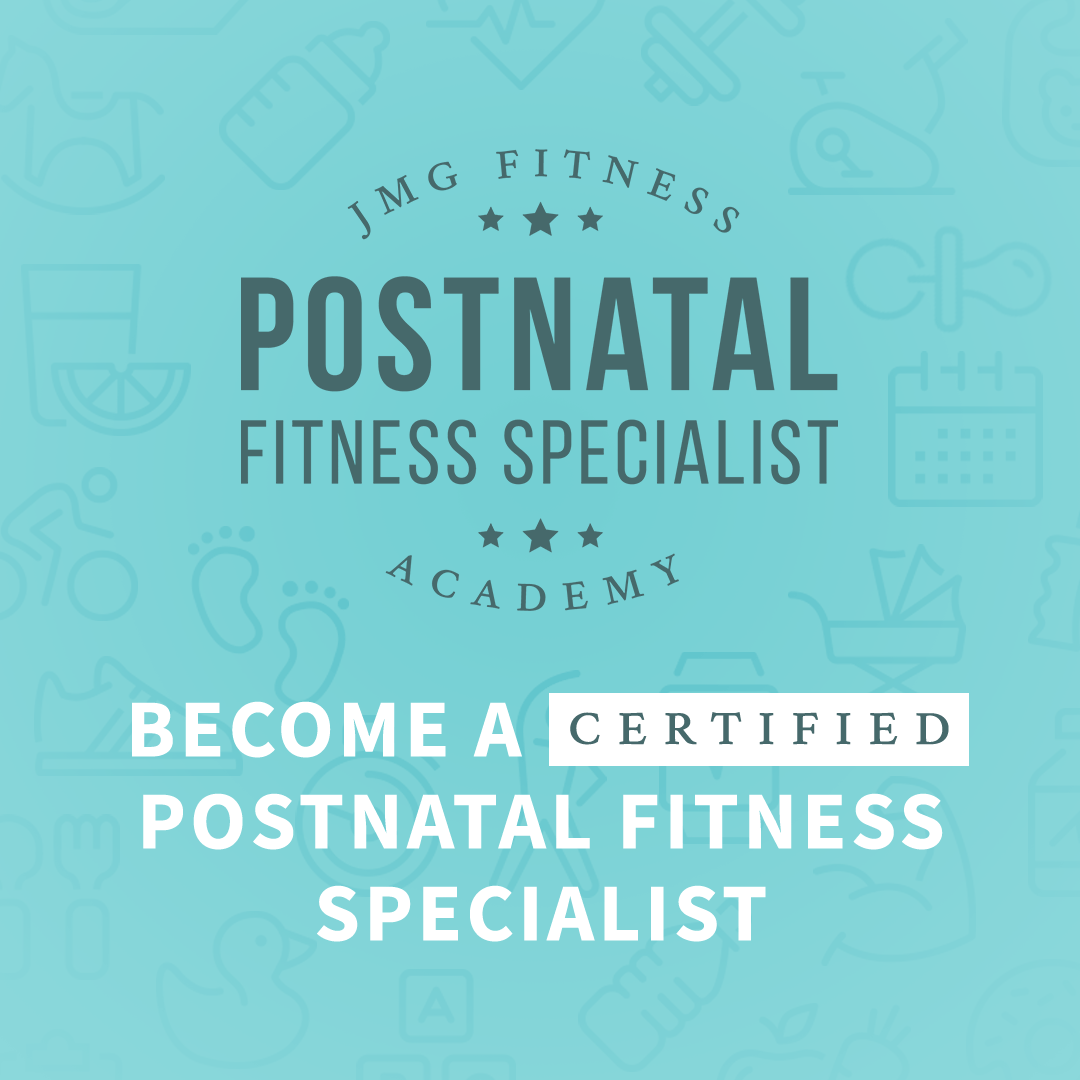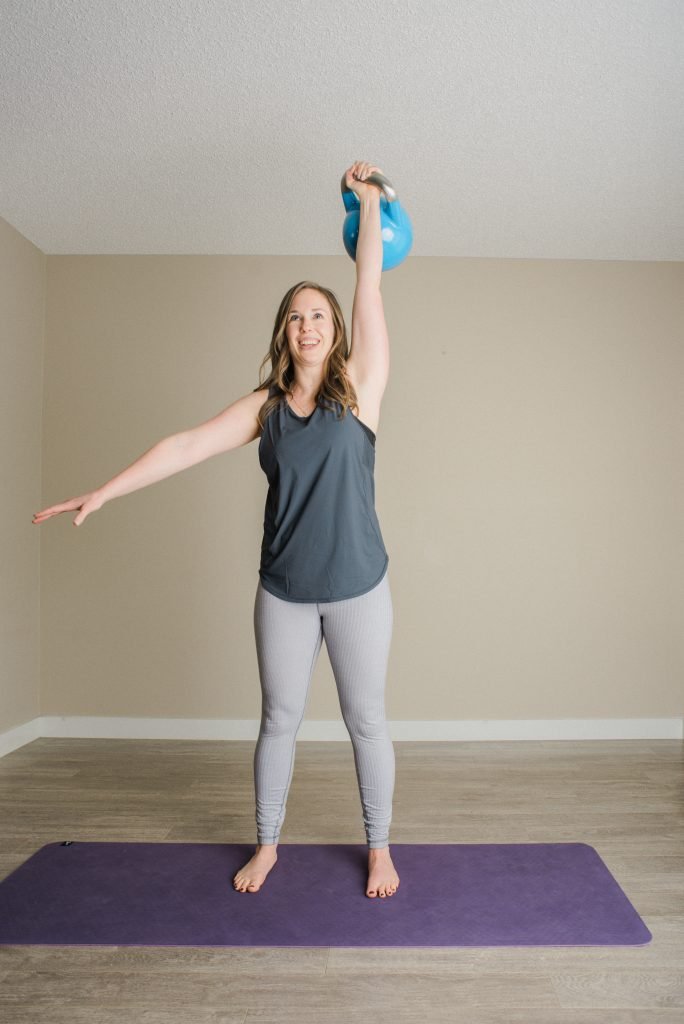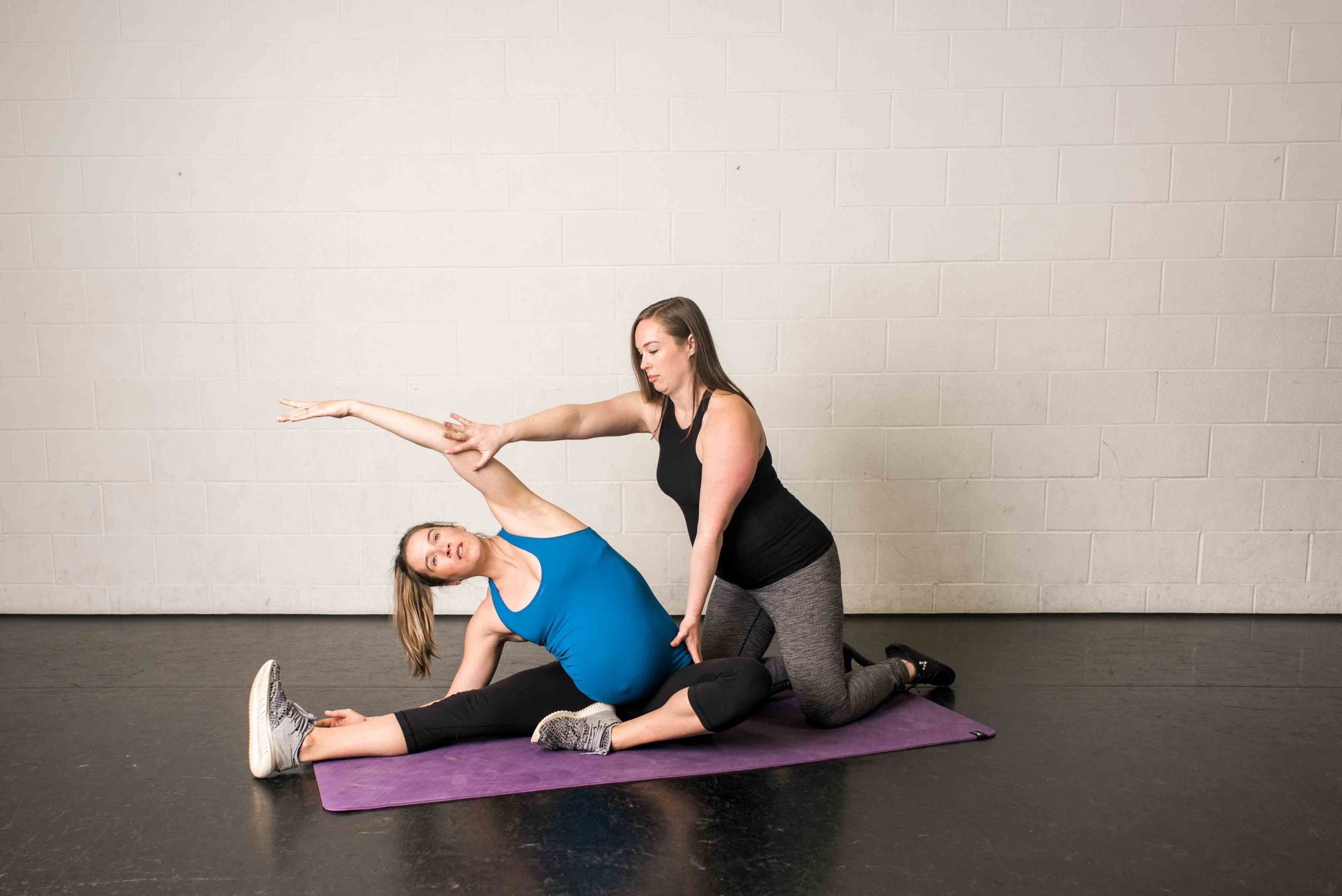3 Big Missteps in Workout Programs For Moms
Optimizing workout programming for moms is something that I’ve been thinking about and working towards for the past decade. And, I’m still learning more every single day.
These missteps below? I’ve made ’em all and I want to help you not make them, too.
There are so many factors to consider and so many boxes to check when creating a solid, safe, and successful postnatal fitness plan.
Let’s simplify it, though. Below I’m telling you the 3 main areas that I see coaches and trainers make missteps in when creating workout programs for moms.
1). The assumption that fat loss is the goal for everyone who has had a baby.
I have serious issues with workout programs for moms that assume fat loss is the goal of every participant before they are even asked questions about what their goals might be. Or, before doing an inventory to see if fat loss is a productive (health) goal.
And, a BIGGIE, before giving the client a chance to understand what other goals might be available to them.
Give me more options. Give your clients more options.
Don’t assume that because someone might have a larger body or be carrying more body fat (however you might define these things) that they must want to lose weight. And, certainly don’t assume that they should want to shrink their body because it was once smaller than it is now.
Don’t assume that being a mom = wanting to lose weight/fat.
Those are not inherent reasons for fat loss.
If fat loss is the determined goal, check in to:
• Figure out the big WHYS. What are the feelings surrounding fat loss? Why are those feelings associated with fat loss? Is there anything else that could help to support those feelings?
• Be clear that you understand the health implications associated with the plan for a fat loss goal. How does this goal support real life? Does this stage of #momlife lend itself to the steps being taken for fat loss?
[ANNOUNCEMENT!]
My 10-week, online course called, the Postnatal Fitness Specialist Academy, is currently open for registration until Tuesday, April 23rd.
This program is for current and aspiring fitness and health professionals (and enthusiasts) who want to help moms return to effective exercise post-pregnancy, recover from C-section and vaginal births, treat core and pelvic floor dysfunction, and support them in motherhood.
The next class will not open until Fall-2019.
2). Straight up: bad exercise programming.
I mean…there are lot of YIKES postnatal workout programs and classes happening out there. In-person and online.
When I say ‘bad’, I mean exercise programming that does not consider the life, body, core, floor, and general health.
I have been starting to become more open to more intense workout programming earlier postpartum for some bodies (thanks to Antony Lo for making me question all. the. things!), BUT, I still err on the side of caution.
I have seen too many women suffer to encourage a high volume of exercise before the body is truly ready to support those loads. This is simply smart strength training for any body.
I see a lot of workout programs that do not have enough focus on the core, pelvic floor, alignment and breathing. And, this isn’t to say that the entire focus needs to be on these things – NO. But, these factors need to be considered and coached around. Not ignored.
Most importantly, when programming for postnatal, here are some questions to be asking:
• What does the body need to be able to do in order to function in life?
• What does the client want to be able to do?
• How does the client enjoy exercising?
• What feels good in their body during and after exercise?
• What doesn’t feel good in their body during and after exercise and can we make adjustments for this?
• Are you making considerations for diastasis recti and pelvic floor dysfunction?
Most importantly, please consider if you are training bodies that are overstressed, under-slept, and potentially under nourished.
What does exercise programming need to look like to best support and challenge these bodies and to keep focused on alllllll the things listed above?
Hint: it’s possible to do all of this well.
3). All or nothing design.
I lived this life for years. I was all in, or I was completely off. And, mostly, I was completely inconsistent and uncomfortable in my body.
Didn’t have a full hour for a workout? Skip it. Hell, might as well wait until next Monday to start again.
Didn’t feel like eating a salad for dinner? Might as well make myself sick on sugar, then.
My top tip for workout programming with moms? Make the expectations for success super low. Like, REAL low.
5 days a week of workouts at the gym? Unlikely to work for most. 2-3 days per week of 20-30 minute workouts? Way more in line with what can help moms to feel better.
I mean, real talk, I never warmup for workouts and I still strength train 2-3 times per week. It’s possible that not all the ‘rules of fitness’ need to be followed.
We need to set up programs that make women feel successful because it’s contagious to other areas in their lives. Success breeds success. I don’t care how small it might seem.
We need to create classes that fits the life of moms. We needs plans that fit their lives. In the middle. In the grey.
And, please remember, that ‘good’ postnatal fitness programming doesn’t have to look like NOTHING either. We tend to talk about the ‘all’ side of things, but let’s look at the flip side, too.
It is so, so possible to blend the rehabilitate elements, that are necessary in most postnatal bodies, with the physical challenging elements of exercise that moms might be wanting.
You can do this safely and make it work for bodies and lives. You can do this safely and still strength train with diastasis recti, incontinence, pelvic organ prolapse, during early postpartum, etc.
Postnatal fitness programming doesn’t have to look like lying on the floor breathing for 30 minutes and it doesn’t have to look like burpees and box jumps at 6 weeks postpartum.
Middle ground. Let’s find it.
If you are a personal trainer, fitness instructor, or health professional that works, or wants to work with moms, you are working with postnatal populations.
Upgrade your coaching skills and strategies by becoming a Certified Postnatal Fitness Specialist in my 10-week online course that will educate you on diastasis recti, the pelvic floor, postpartum mental health, body image, strength training, exercise programming and more!
Registration is open now through Tuesday, April 23rd. The program will again close for at least 6 months.
ACADEMY DETAILS AND REGISTRATION








